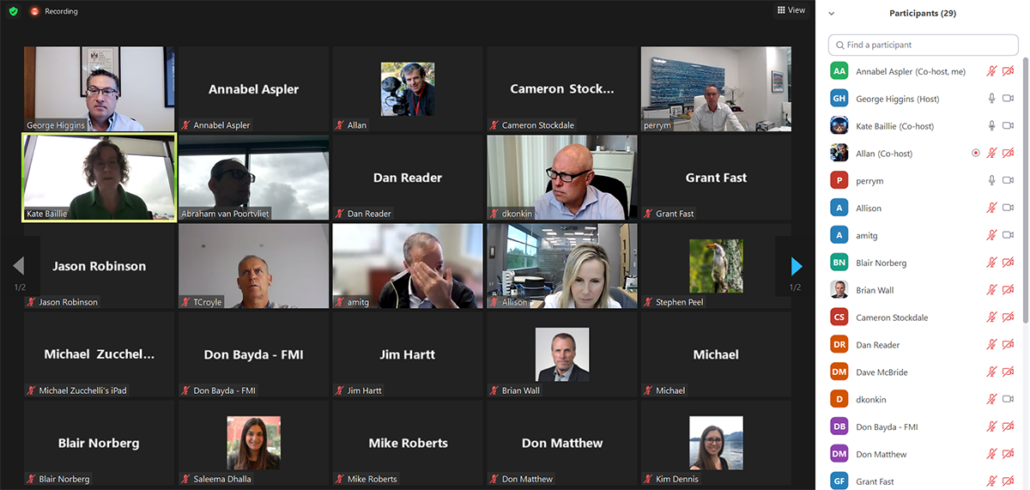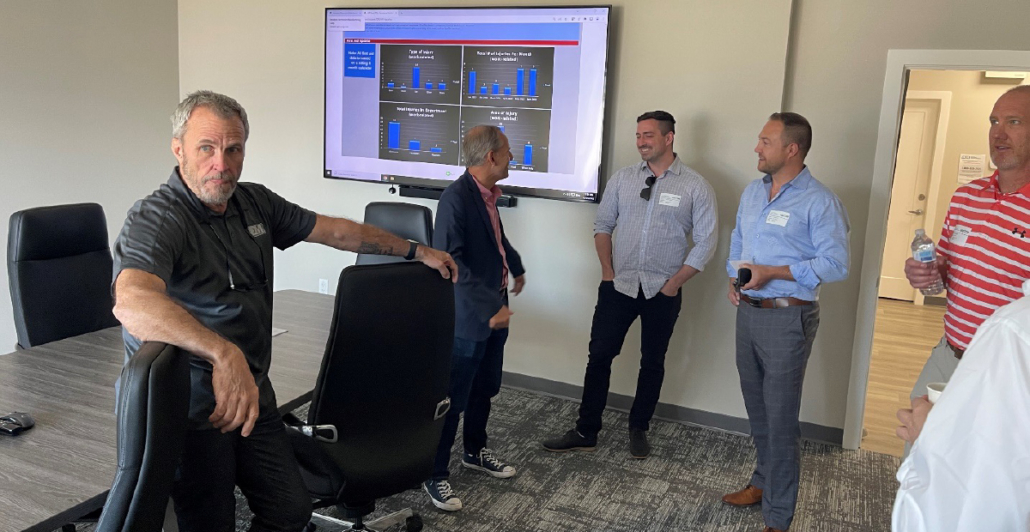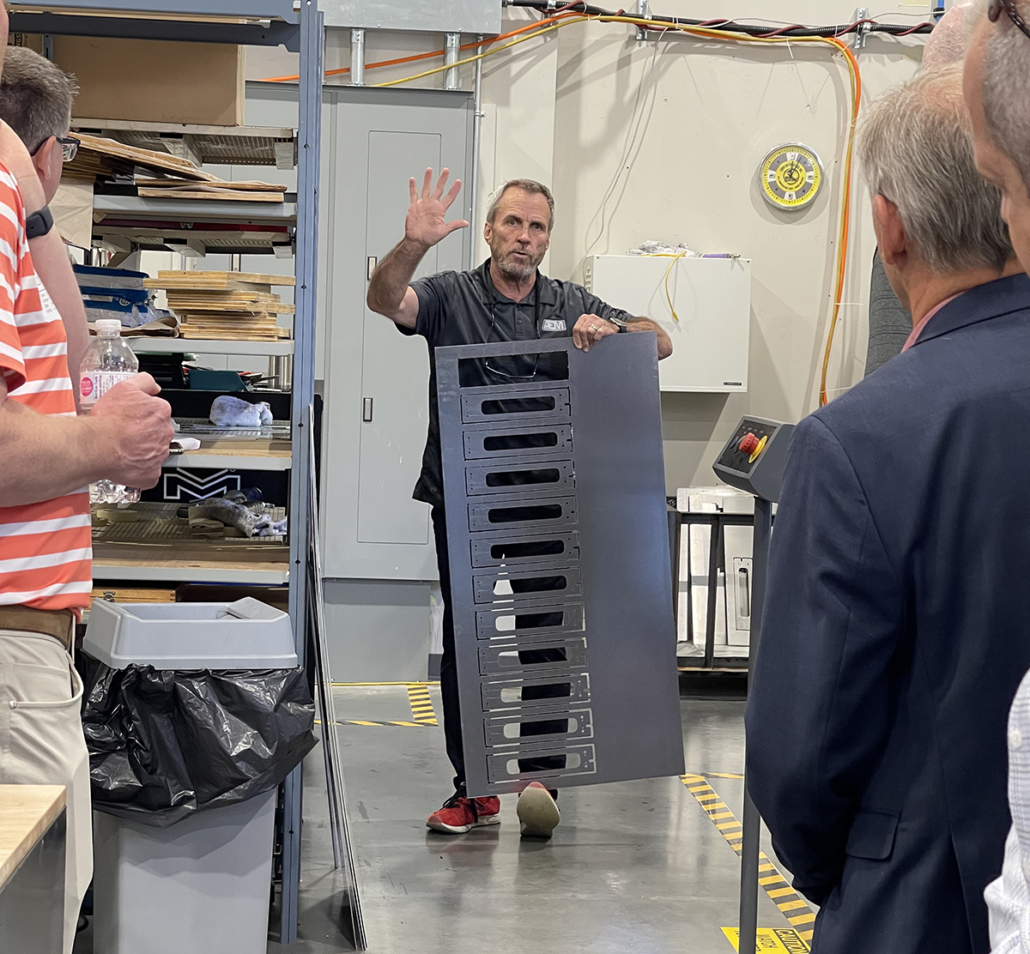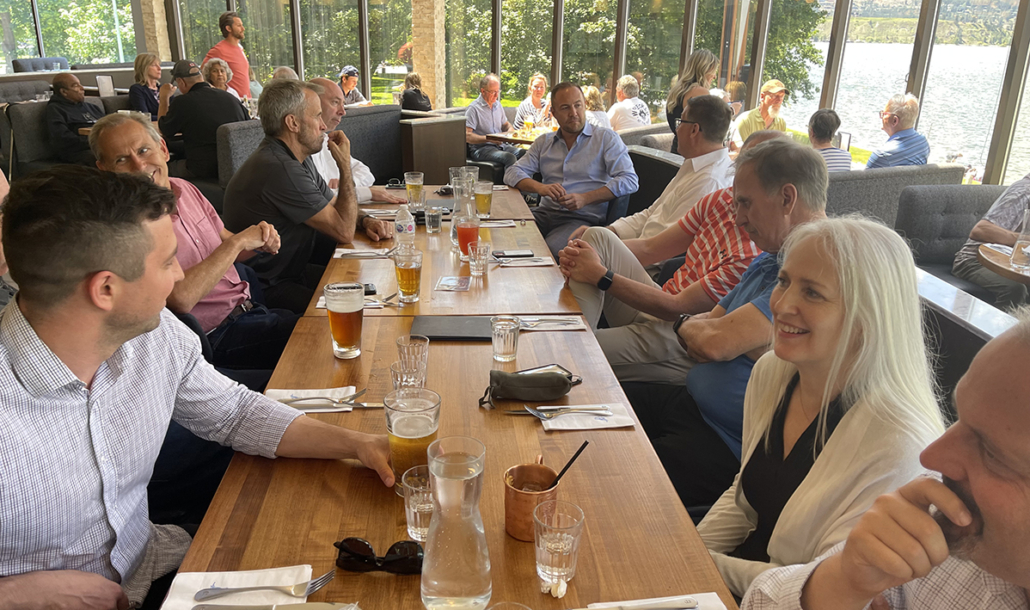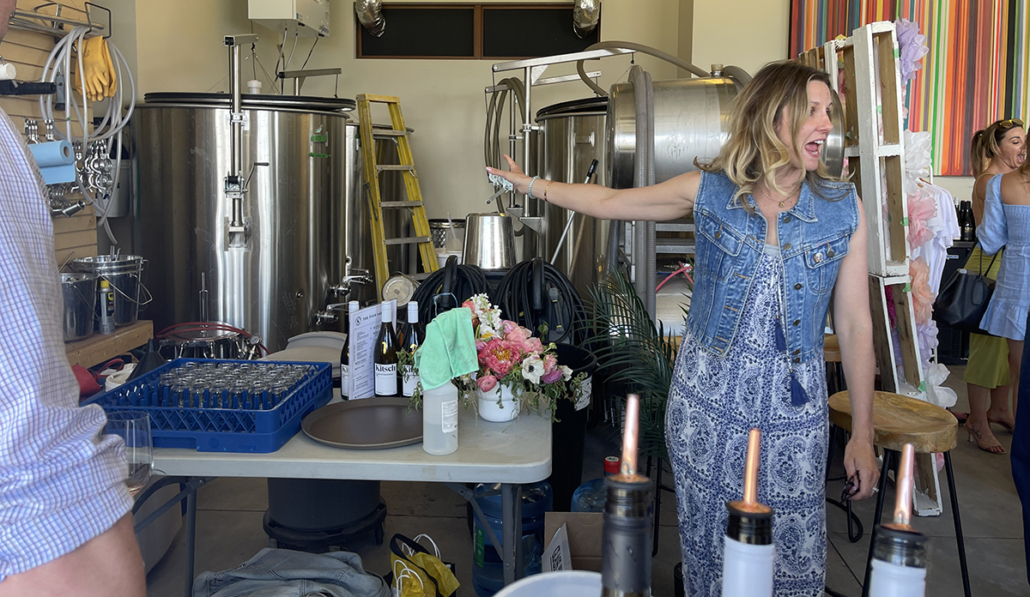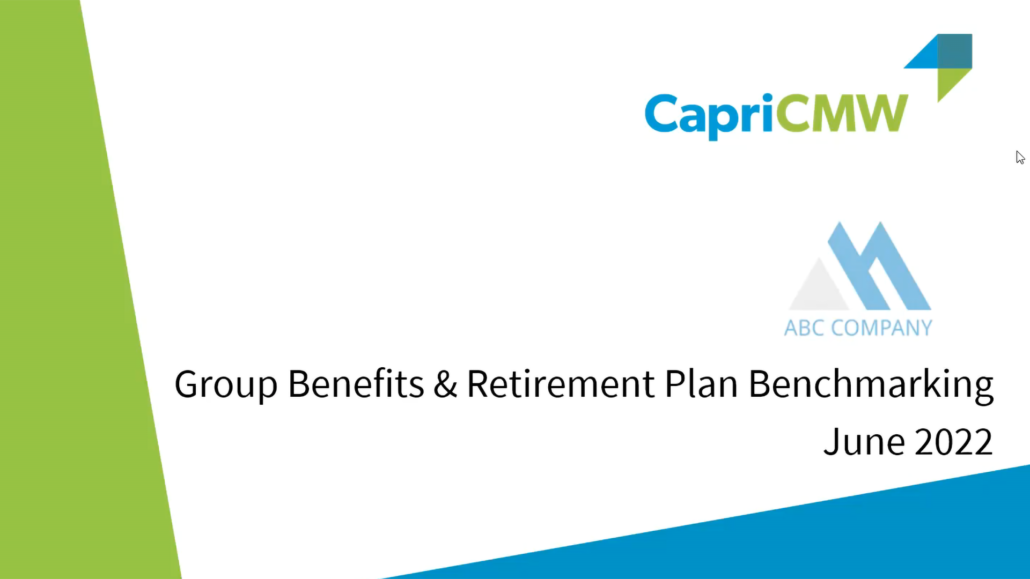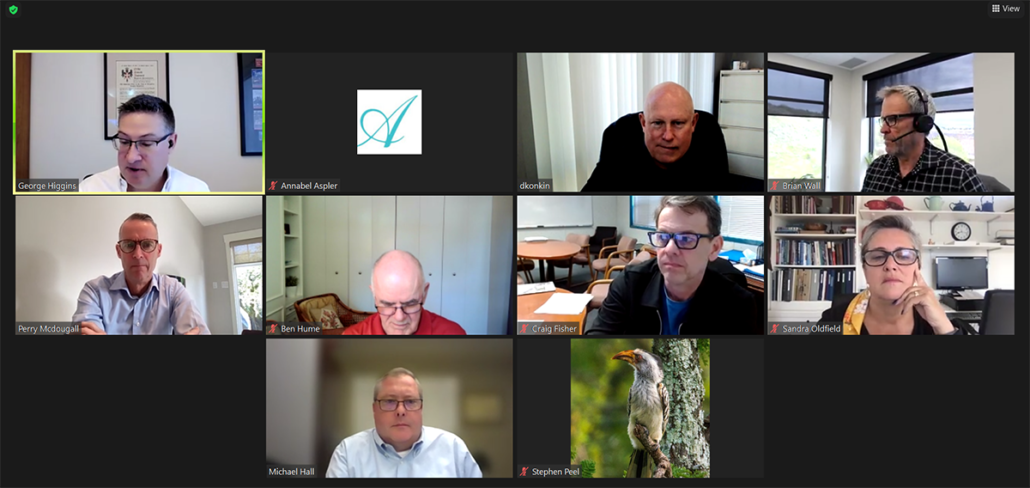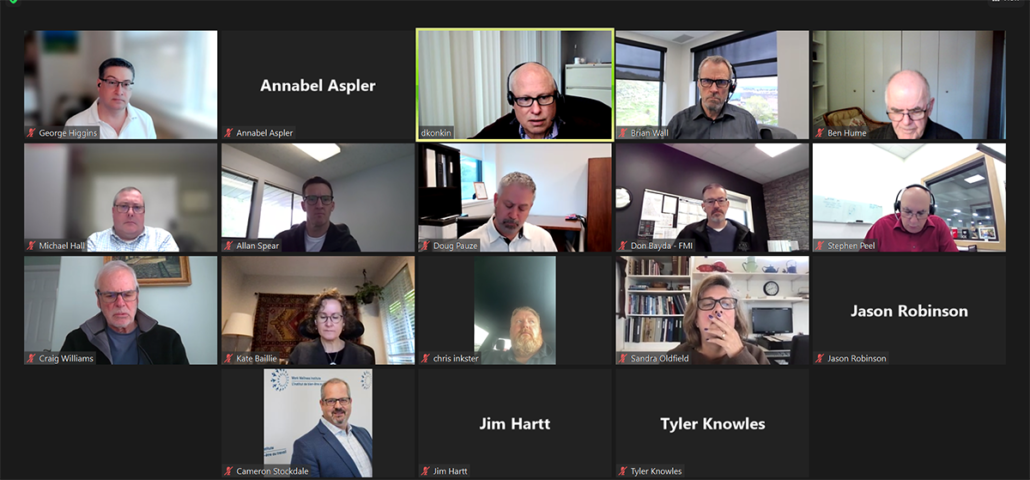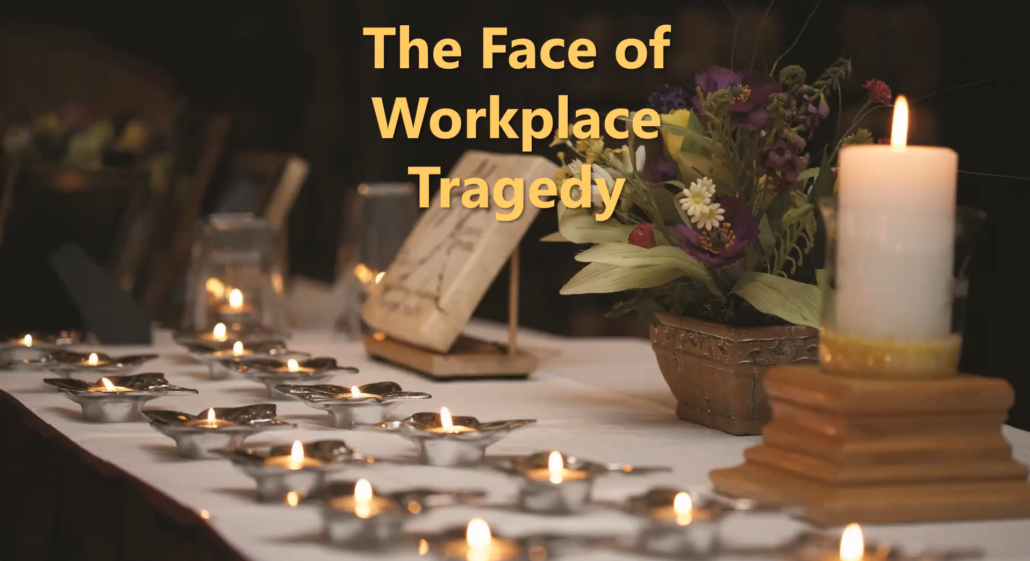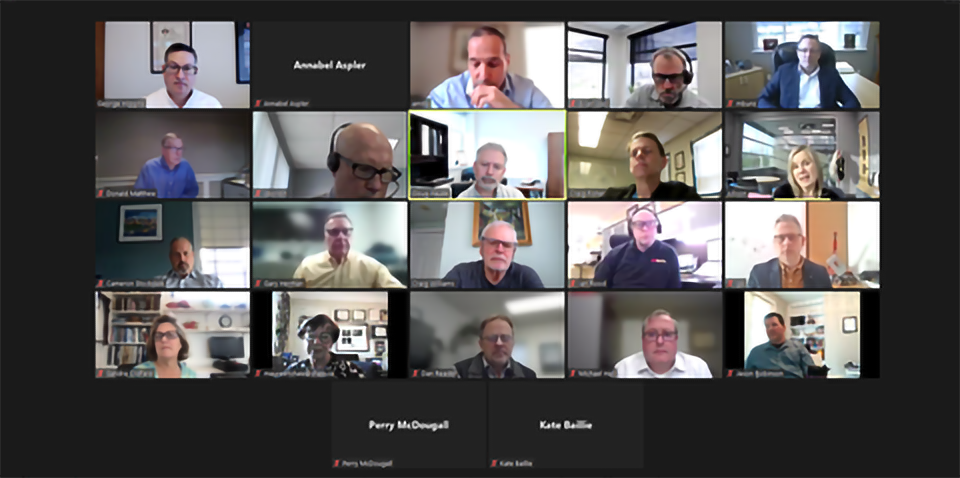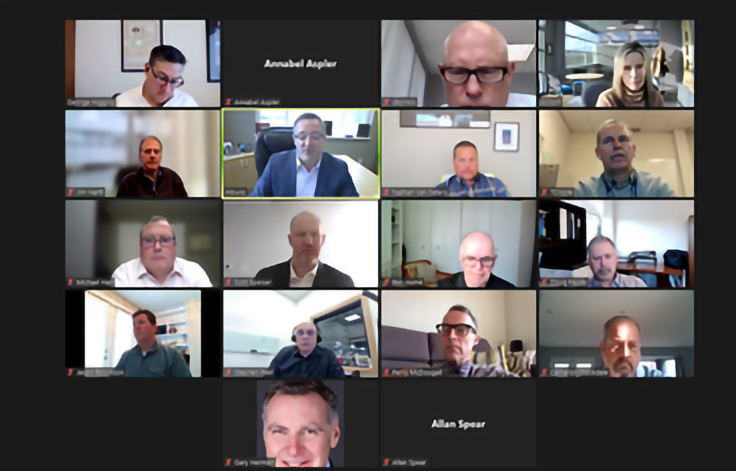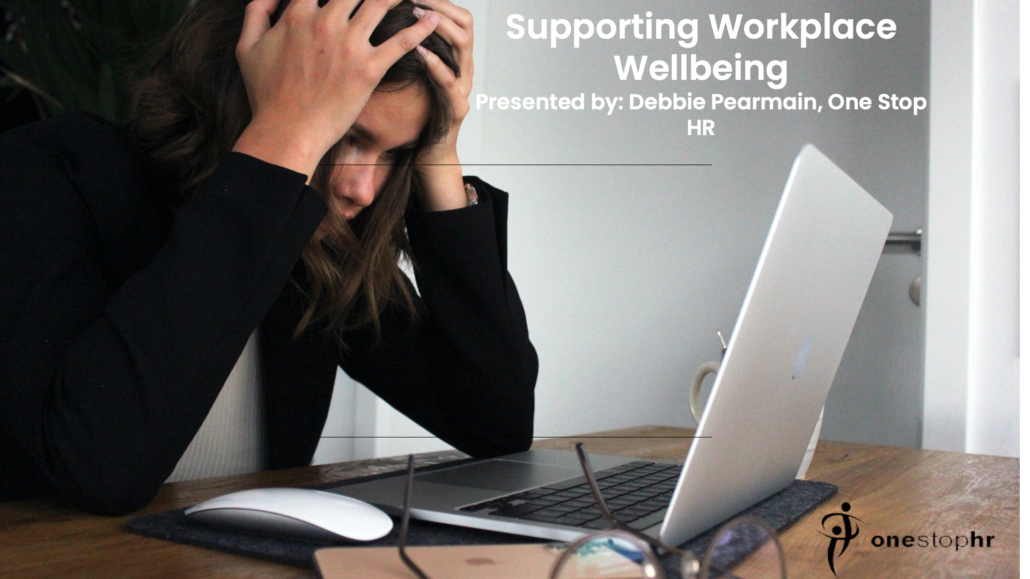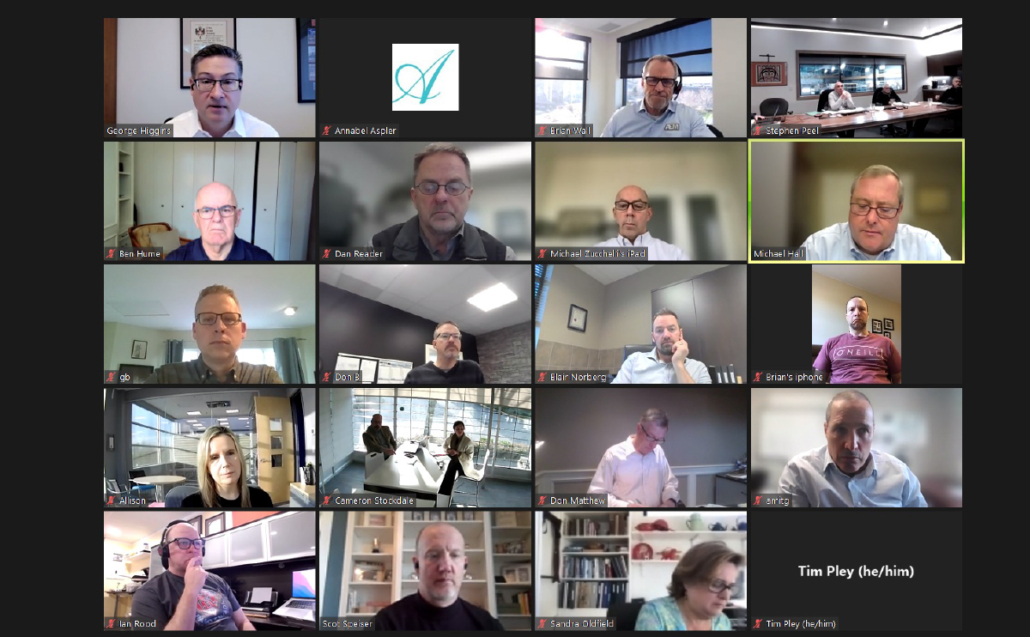
Life after Covid…
Thanks to all of our members and guests who attended our Virtual Breakfast Forum this morning. Today our discussions focused on three of our members and what, within their own organizations, is keeping them up at night.
Michael Hall, Viking Air – Vancouver Island Region
Michael reported that within the Viking Air division at the Victoria airport, at the start of COVID, Viking had to lay off 50% of their staff and have since recalled some over the last 2 years. Currently, Viking is rapidly onboarding new programs and recalling more people. They ended the work from home option at the end of Feb (about ½ ppl remained at work). This caused a lot of disruption over the last month, as lots of people sought exceptions to the rule, but none were made unless they had legitimate medical exemptions. Additionally, there are challenges with many staff moving further away from the facility, which is forcing employees to choose between resigning or finding accommodation closer to Victoria. With the lifting of the mask mandate, Michael has seen a shift in the companies safety culture. Some of his staff continue to feel anxious about being in groups of larger people, so continue to wear masks. Michael shared his thoughts that if his staff are all behaving differently, what’s that going to do to the overall culture? Supply chain disruptions and increased costs due to gas prices are also causing challenges. People are returning to work on “half a tank of gas”, both literally, as it costs double to fill your vehicle now, and emotionally, with the burn out that his staff is feeling. What keeps Michael awake is how do they maintain their focus on safety? How do they keep people safe during this disruption and drive their safety culture forward? Michael believes that it starts with continuing to reinforce putting safety at the core of everything they do.
Brian Wall, AEM – Kelowna Region
What keeps Brian up was made in a statement we can all relate to: “There isn’t anyone in this meeting that hasn’t been affected by mental health, it is our single greatest challenge.” A massive challenge, with no one, quick solution. Even with the mask mandates lifted, 10% of Brian’s employees are still wearing masks. Distancing hasn’t changed in the facility, and Brian chose to offer 8 sick days, just a little bit more than what is the norm. Sanitization won’t go away. AEM’s acquisition last fall was very successful, and the top line would have been worse without a recent acquisition. Supply chain is painful but they are buying extra stock where possible. They are almost moved into the new facility. Unfortunately, it’s not going to plan, as it has not settled well with some of his employees. The new facility is noisier than the last one which is causing issues for some. Brian is supporting these staff with PPE to dull the noise if necessary. Brian has found that morale has never seemed to be an issue before now, but it is proving really challenging these days, especially with the uncertainty of the world, and inflation.
Stephen Peel, Westmill – Abbotsford, Lower Mainland
Stephen reports that his organization has been in their new premises just over a year. Staff morale was good when masks were lifted, finding a celebratory mood among his employees. Still encouraging staff to stay home if not well, and to work from home until they feel better. Some people are anxious about what’s happening in the world, the affordability of life. Stephen has a small staff, so it’s easy to chat with everyone in the building at least once a day.
Stephen is quoting a lot of jobs, but price increases have slowed them down a little bit. They have a shallower pool of talent to draw from, so finding the right people is an issue, especially from people who live out in the Valley.
Supply chain is the biggest issue. The difficulty to bring product from offshore- it used be 3-4 weeks, and now is taking 8-12 weeks, and used to cost $3-4k, now costs $8-15K. Shipping has increased 300%. There is a shortage of drivers & available trades to move product around. But overall, Stephen reported that there is a positive atmosphere outside, people are looking forward to, what is hopefully, the end of Covid.
Some updates for our members:
A reminder that our AGM is now scheduled for 8am on April 28th, to precede our Virtual Breakfast Forum.
Round Table will be held October 6th in person, starting earlier to accommodate those traveling to Vancouver. Updates to be sent shortly.
Membership survey will be coming out soon. Please take a few minutes to complete this important survey. It’s a key piece for George to determining what to program, and understanding what the issues are.
We are planning a regional networking event in Kelowna June 24th. We are hoping that people from the Island and Vancouver will attend. Looking for sponsors to help keep the cost down.
